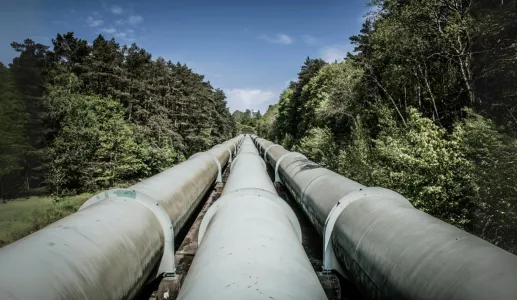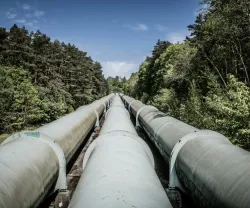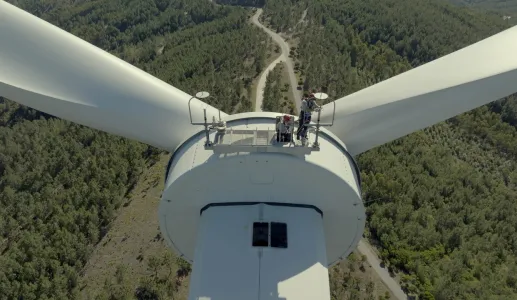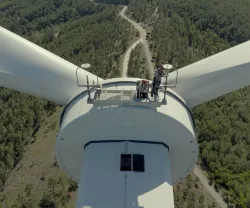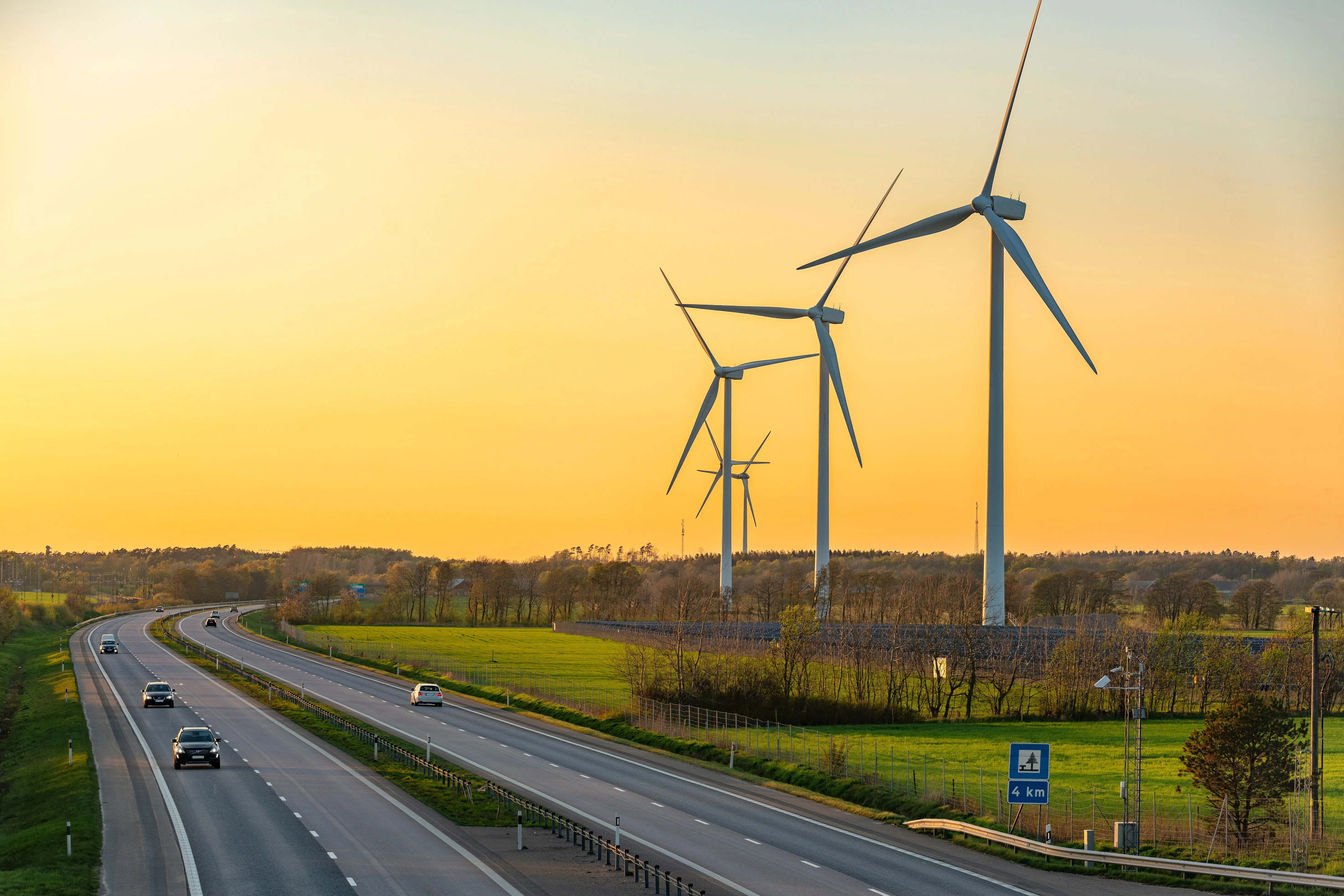
Navigating market and political uncertainties in the age of energy transition
The future of energy supply and demand – and the nature of energy markets and geopolitics – is highly uncertain. Even if the world’s major economies meet their common goal of net-zero greenhouse gas emissions by mid-century, how they will meet this goal is unknowable today. Society’s need to maintain access to secure and affordable energy throughout the transition adds further complexity – and urgency.
The global energy transition is fraught with uncertainty due to unpredictable nature of future energy supply and demand. Achieving net-zero greenhouse gas emissions by mid-century is a common goal, with varied pathways emphasizing secure and affordable energy access. Scenarios from the International Energy Agency (IEA) and energy companies highlight different energy mixes, including renewables, fossil fuels, nuclear, and bioenergy.
Geopolitical implications, such as Russia's invasion of Ukraine and China's lead in new energy products, underscore the risks and vulnerabilities of a transitioning energy system. Disruptions in clean energy products and raw materials call for the need to adopt measures to manage these risks. Recent shifts in globalization must also be examined in this discussion, such as the focus on domestic jobs, the comeback of stringent trade restrictions, and reluctant international cooperation.
Energy access, combining security and affordability, often outweighs sustainability concerns during crises. The speed and nature of energy transitions will vary across countries, influenced by wealth, development, and resources, highlighting the need for international cooperation.
The authors of this paper are Mark Finley, nonresident fellow in energy and global oil at Rice University’s Baker Institute, and Samantha Gross, Director of Energy Security and Climate Initiative of the Brookings Institution.
To see the full paper please access the following website.


